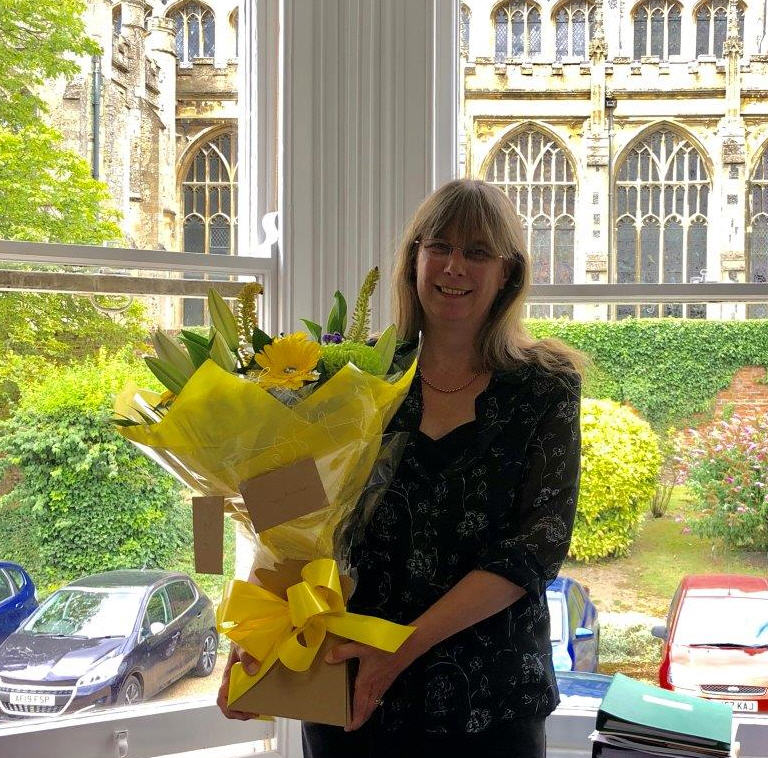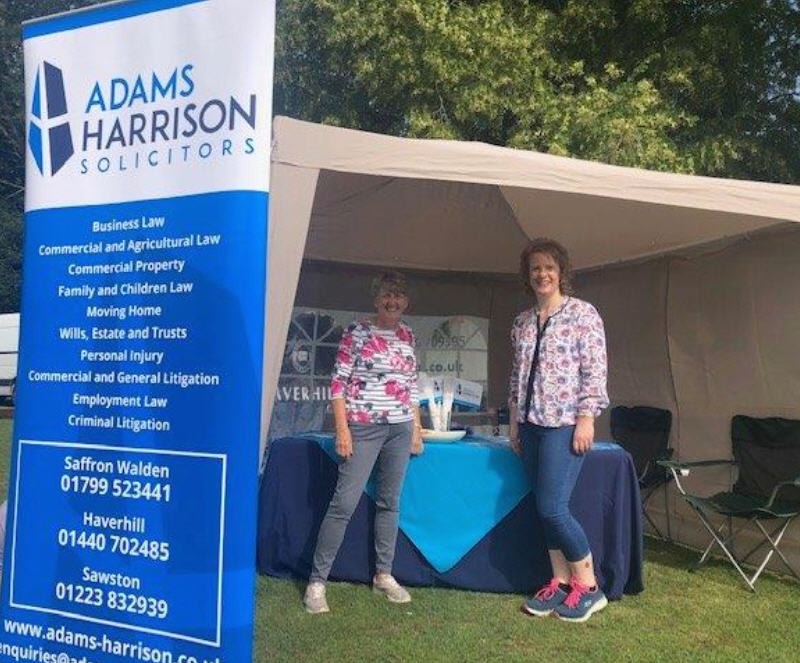A Will is one of the most important documents you will ever make but an increasing number of people are preparing homemade Wills, possibly in an attempt to cut costs. Although DIY Wills are relatively inexpensive, the legal costs involved to remedy their potential errors may well exceed the cost of a professionally prepared Will. Moreover, it may not be possible to rectify mistakes that are discovered after your death.
What are the dangers of a DIY Will?
Off-the-shelf DIY Will kits are often poorly written, leading to confusion over what assets have been left and to whom. Common errors that can occur in the process of making a DIY Will include incorrectly signing or witnessing the Will, which renders the document invalid. Furthermore, a beneficiary can compromise their inheritance by acting as a witness.
If a Solicitor or professional will-writer has not been involved in the preparation of the Will, then there has been no ‘independent evidence’ that the Will represents the deceased’s true wishes and that they had capacity to make it. This encourages costly and lengthy contentious probate litigation.
Even if you successfully avoid these pitfalls and create a valid document using a homemade Will, there is always the possibility that nobody is able to locate your Will when it is needed. By using a regulated Law Firm, not only can you be certain your Will contains your exact wishes and instructions, you can be confident your Will will be stored safely. Most law firms will allow you to store your Will in their strong room free of charge.
Who is at risk?
Everyone is at risk of being cheated by salesmen offering to write Wills and establish Trusts at low prices, but it is the elderly who are frequently targeted by Will-writing companies who often apply high pressure selling techniques.
Our advice
Do not be tempted to cut corners when it comes to writing your Will. Doing so could result in high legal costs or, at worst, an invalid Will. The cost of a professionally written Will includes the advice given by a solicitor, who is subject to regulation by the Solicitors Regulation Authority, unlike many Will-writers who are not legally qualified or governed by regulation. Seek the help of regulated Solicitors and relax with the peace of mind that your wishes will be carried out.
Hayley Ford, Solicitor Wills & Probate Department









